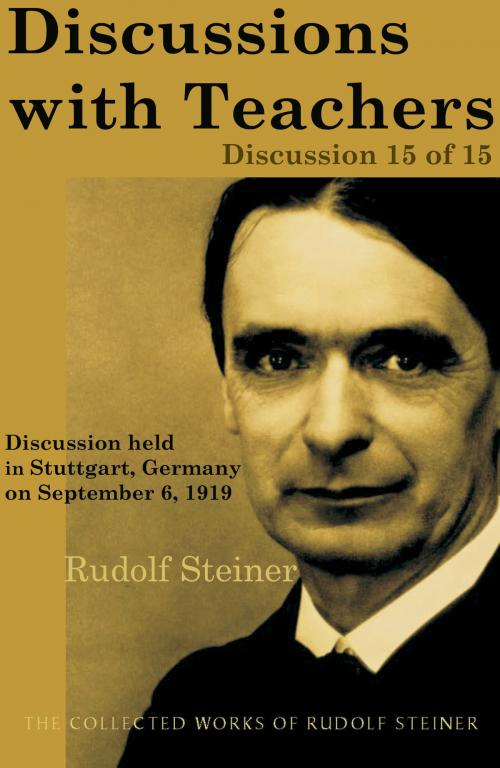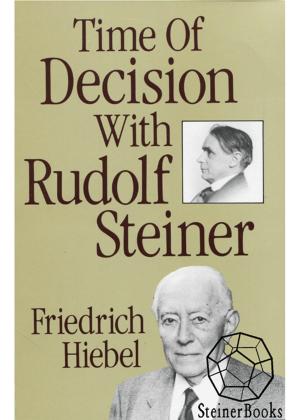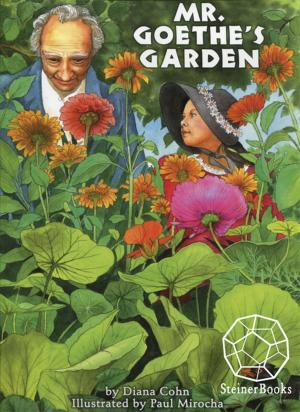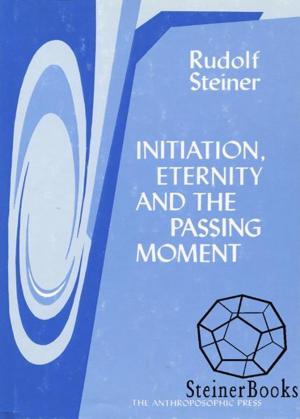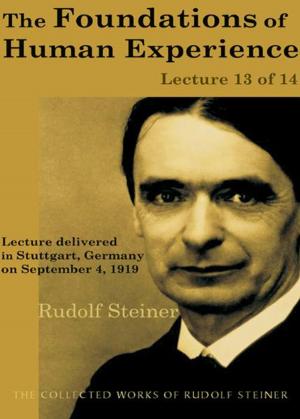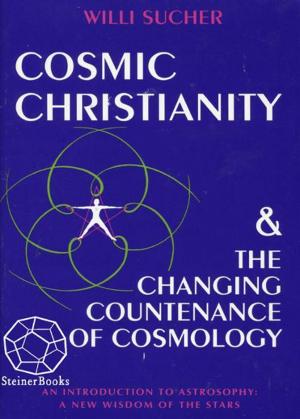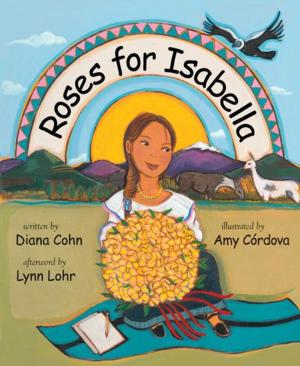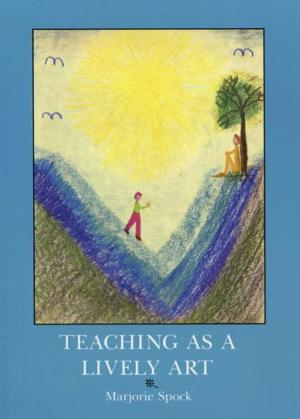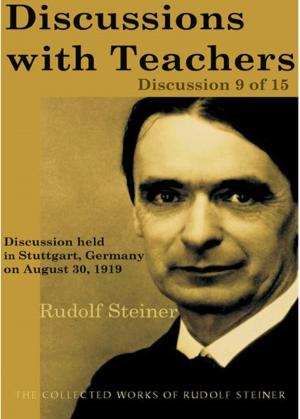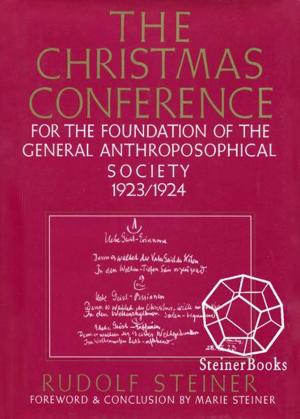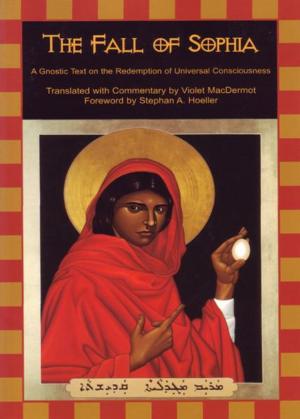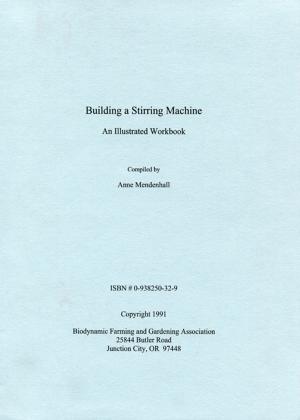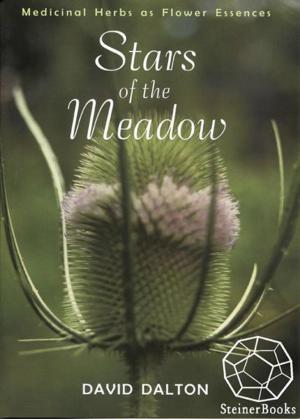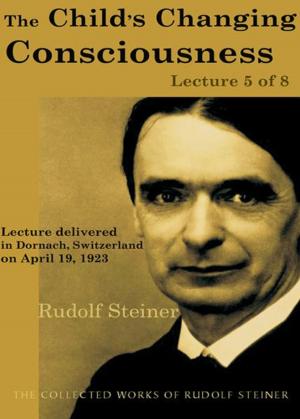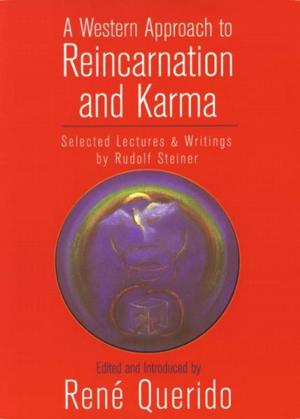Discussions with Teachers: Discussion 15 of 15
Nonfiction, Reference & Language, Education & Teaching, Educational Theory, Philosophy & Social Aspects| Author: | Rudolf Steiner | ISBN: | 9780880108782 |
| Publisher: | SteinerBooks | Publication: | March 1, 1997 |
| Imprint: | SteinerBooks, Collected Works 295 | Language: | English |
| Author: | Rudolf Steiner |
| ISBN: | 9780880108782 |
| Publisher: | SteinerBooks |
| Publication: | March 1, 1997 |
| Imprint: | SteinerBooks, Collected Works 295 |
| Language: | English |
This lecture is part of the collection "Discussions with Teachers" by Rudolf Steiner. Steiner (1861-1925) was an Austrian philosopher, social reformer, architect, and esotericist. He gained initial recognition as a literary critic and cultural philosopher. At the beginning of the 20th century, he founded a spiritual movement, Anthroposophy. He is considered the father of Waldorf education, biodynamic agriculture, anthroposophical medicine and spiritual science. Lemniscate and human organs. Invasions of Roman Empire by Celts, etc., due to desire for gold. Invasion in relation to cultivated and undeveloped land (Goths and Franks). Christianity and pagan cults. Overcoming difference of ability. Foreign and classical languages. Reports and grades. Closing remarks: what the teacher should be. The entire Collected Works of Rudolf Steiner are available from SteinerBooks.
This lecture is part of the collection "Discussions with Teachers" by Rudolf Steiner. Steiner (1861-1925) was an Austrian philosopher, social reformer, architect, and esotericist. He gained initial recognition as a literary critic and cultural philosopher. At the beginning of the 20th century, he founded a spiritual movement, Anthroposophy. He is considered the father of Waldorf education, biodynamic agriculture, anthroposophical medicine and spiritual science. Lemniscate and human organs. Invasions of Roman Empire by Celts, etc., due to desire for gold. Invasion in relation to cultivated and undeveloped land (Goths and Franks). Christianity and pagan cults. Overcoming difference of ability. Foreign and classical languages. Reports and grades. Closing remarks: what the teacher should be. The entire Collected Works of Rudolf Steiner are available from SteinerBooks.
